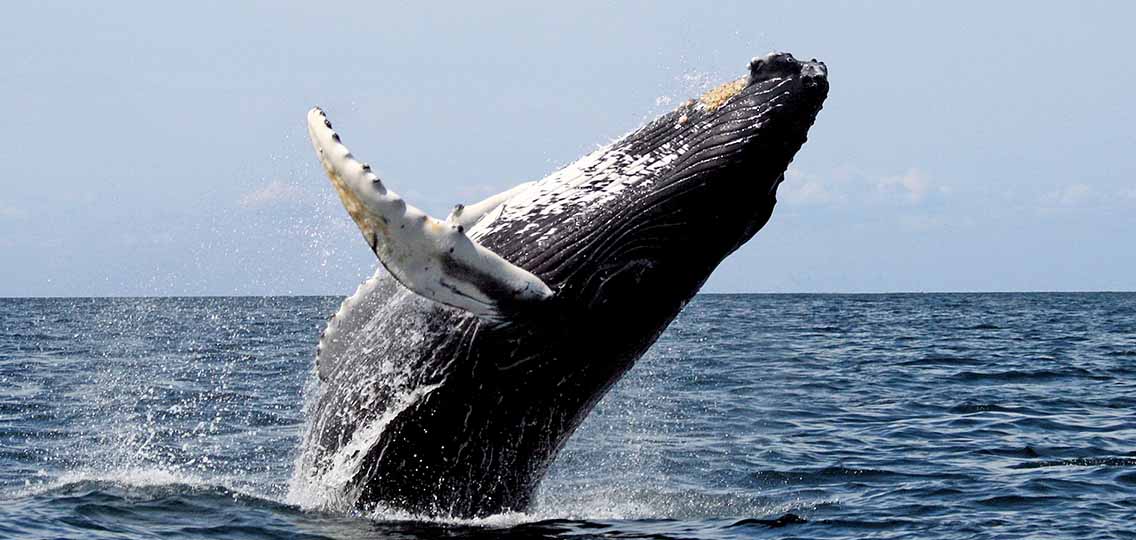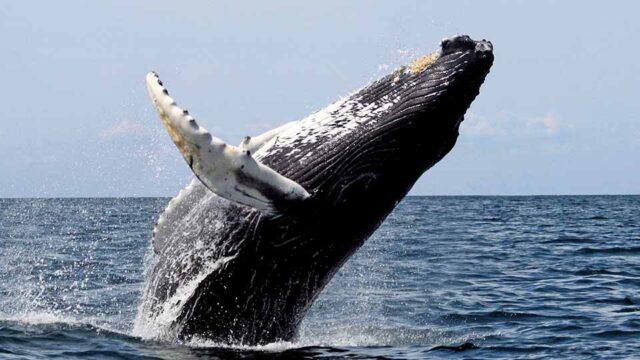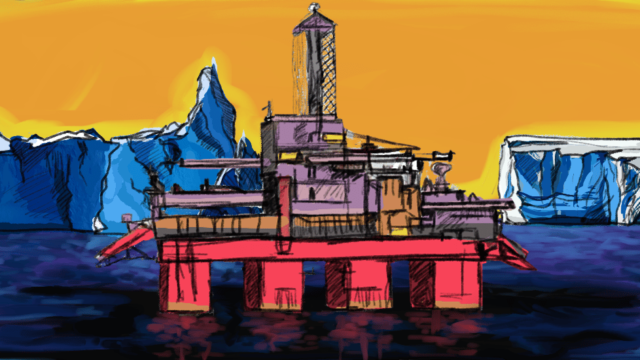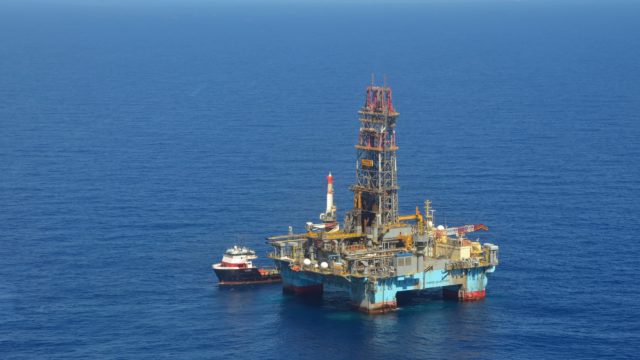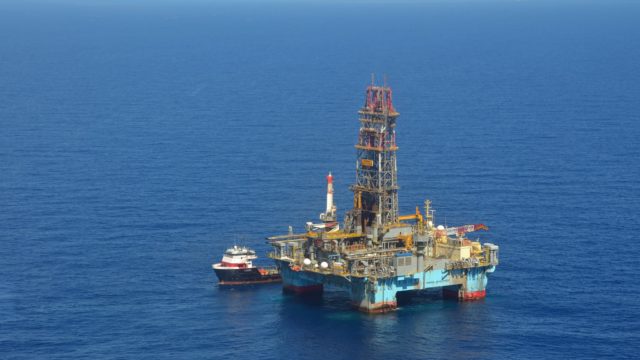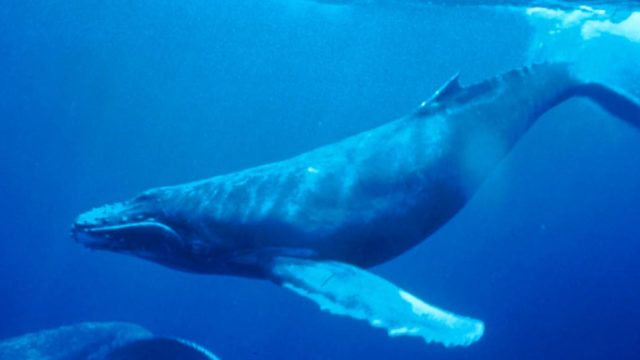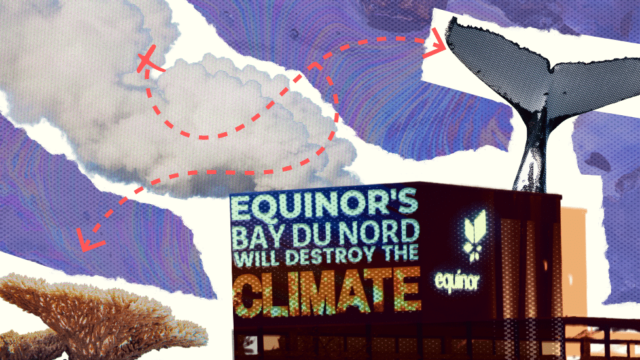The Grand Banks and the open ocean off the eastern coast of Newfoundland and Labrador are one of the most important marine environments in the world and home to a wide assortment of ocean life, from the endangered cod to humpback whales, corals and sponges.
Despite the ecological importance of Newfoundland and Labrador’s offshore waters, in February 2018, the Government of Newfoundland and Labrador announced a plan to increase oil production in the region and allow more than 100 new offshore exploratory wells by 2030. After announcing this plan, the federal and provincial governments launched a Regional Impact Assessment (RIA), a participatory process designed to assess the cumulative effects of a proposed development on a particular region or ecosystem.
At the end of a process fraught with unfairness, the RIA report concluded that it was unable to analyze the risk to ecology in the subject area and the cumulative effects of offshore drilling – even though the science is clear that increasing offshore oil drilling exploration poses a direct threat to marine ecosystems and undermines Canada’s stated commitment to reach net-zero emissions by 2050.
This deficient report is the product of a flawed process that failed to provide opportunities for substantive public engagement on important environmental issues. Despite the urgency of the dual biodiversity and climate crises, the federal government has used the flawed assessment to create a dangerous exemption regulation that waives individual assessments for a slew of exploratory drilling projects. A blanket exemption of this nature, based on this flawed RIA, is unlawful and sets a dangerous precedent for future blanket exemptions.
The Federal Court dismissed a lawsuit challenging the regional assessment and blanket exemption regulation in December 2021. That decision was appealed. In May, the Federal Court of Appeal dismissed the case on technical grounds. The court found the case moot because Parliament was still considering amendments to the Impact Assessment Act. Those amendments were tabled shortly after the decision was rendered.

